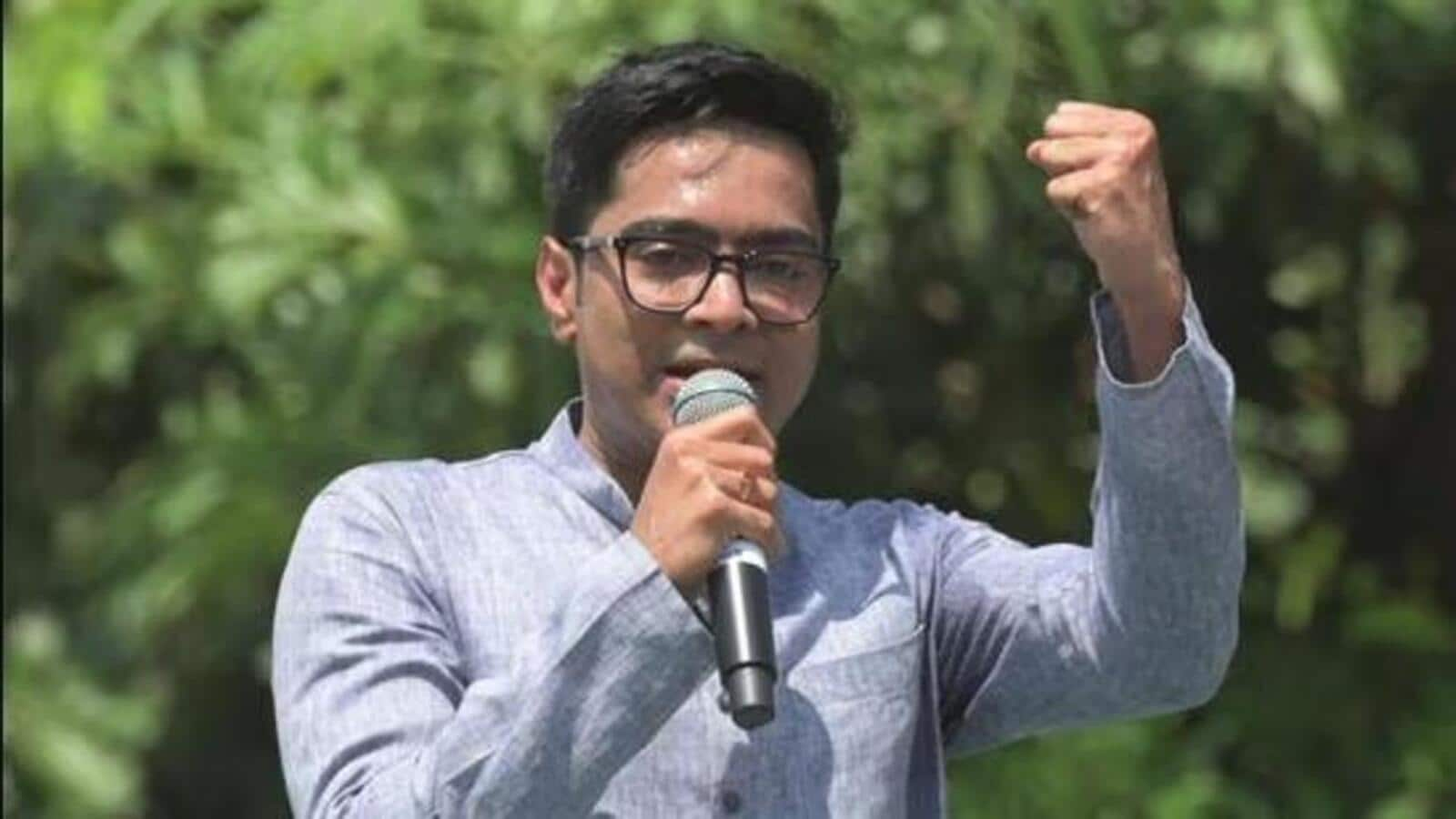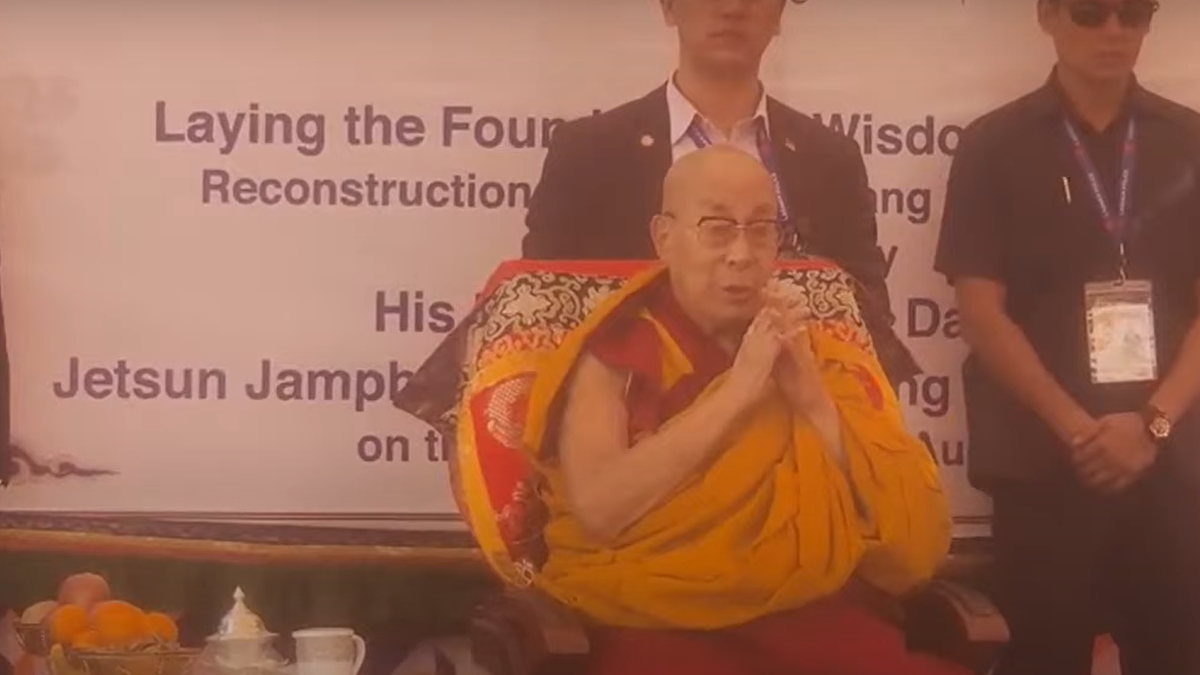Now Reading: Bengal Politics: Abhishek Meets TMC Workers as BJP Holds Strategy Session
-
01
Bengal Politics: Abhishek Meets TMC Workers as BJP Holds Strategy Session
Bengal Politics: Abhishek Meets TMC Workers as BJP Holds Strategy Session

Fast Summary:
- Trinamool Congress (TMC) national general secretary Abhishek Banerjee will virtually address over 9,000 party leaders and functionaries on August 5 to discuss strategies ahead of the 2026 West Bengal assembly elections.
- the Bharatiya Janata Party (BJP) began a four-day organizational meet in Kolkata to strengthen its booth-level networks and prepare for the same elections.
- The Special Intensive Revision (SIR) of electoral rolls is set to happen in West Bengal as part of pre-election preparations.
- Chief Minister Mamata Banerjee opposes SIR, claiming it may serve as a precursor to implementing the National Register of Citizens (NRC).She emphasized ensuring no voter names are removed unfairly.
- BJP state president Samik Bhattacharya countered TMC’s narrative on SIR, reassuring citizens that Hindus and indian Muslims need not worry about this process.
- Political parties have been instructed by the state’s Chief Electoral Officer (WBCEO) and Election Commission of India (ECI) to appoint booth-level agents for monitoring the SIR process.
- TMC leader Kunal ghosh alleged that the BJP lacks sufficient organizational strength for this exercise across all booths.
Indian Opinion analysis:
The pre-election buildup in West Bengal highlights intense political activity from both TMC and BJP as they prepare strategies addressing key issues like voter registration processes. The Special Intensive Revision (SIR), while an administrative requirement, has become politically charged, with competing narratives from both sides. The political implications could be notable if trust between institutions like the Election Commission and political stakeholders erodes further.
For voters, clarity regarding electoral changes is crucial. Building strong ground-level organizations will remain critical for both parties given their reliance on grassroots mobilization during elections. how effectively competing narratives resonate with constituents may influence not only individual party performance but also perceptions about democratic processes at large in India’s vibrant yet complex polity.
























